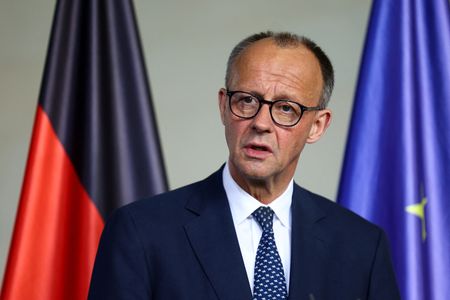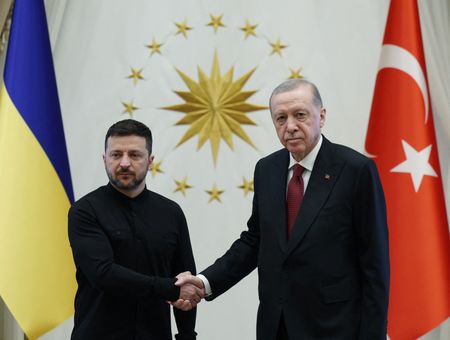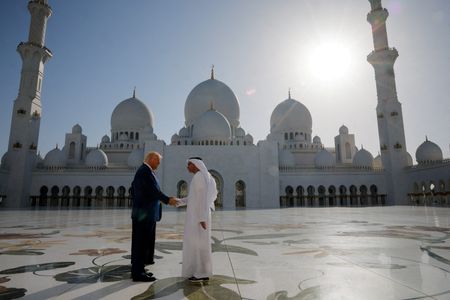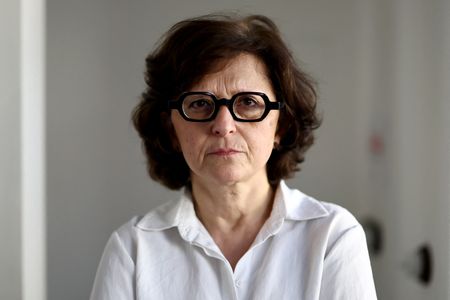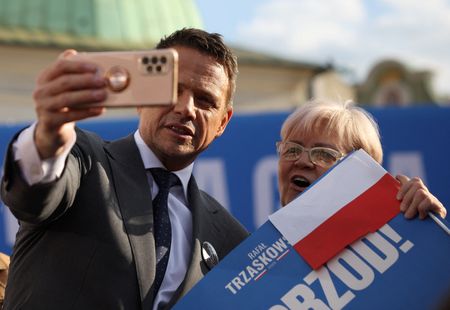(Reuters) -Germany and its allies will move to confiscate frozen Russian assets if legally possible, Chancellor Friedrich Merz said in an interview with the Zeit newspaper published on Thursday.
There are also discussions about more sanctions against Russia in the energy sector, banking sector, and further actions regarding sanctions against individuals, Merz said.
A possible seizure of Russian assets was “currently being clarified,” Merz said. “If there is a way to mobilise the money on a sound legal basis, we will do it. However, we must also be aware of the risks that such a step entails for the European financial market.”
After Russian President Vladimir Putin sent troops into Ukraine in 2022, the United States and its allies prohibited transactions with Russia’s central bank and finance ministry, immobilizing around $300 billion of sovereign Russian assets.
European leaders want to use those assets to help rebuild Ukraine, but have yet to reach an agreement on how to avoid legal challenges or setting a problematic international precedent, with several options under consideration.
Some Western officials, including in Germany and the European Central Bank, have been reluctant to simply confiscate sovereign reserves, warning that such a move could face legal challenges and undermine the euro as a reserve currency.
“We, the heads of state and government, agree that we must now exhaust all options,” Merz was quoted as saying. “We are discussing further sanctions in the energy sector, in the banking sector, and also further steps regarding assets and sanctions against individuals.”
Asked about the possible revival of the damaged Nord Stream 2 gas pipeline, Merz said it did not currently have an operating licence, “and that is not set to change”.
(Reporting by Matthias Williams, editing by Friederike Heine and David Evans)

